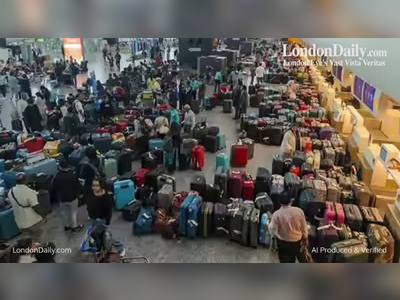US Prosecutors Gained Legal Approval to Hack Telegram Servers
According to online reports, Telegram had declined to cooperate through standard legal requests, prompting prosecutors to request—and obtain—a more aggressive remedy. The order allegedly demands that data retrieved be stored within the jurisdiction of the U.S. trial court. No broader or repeated hacking is permitted under the same warrant; future intrusions would require separate court approval.
Telegram has historically maintained a strong commitment to encryption and user privacy, making cooperation with many law enforcement demands controversial. In recent years, however, the platform has disclosed that it complied with legal requests for users’ IP addresses or phone numbers in over 2,000 cases in response to U.S. inquiries. This shift corresponds with increased regulatory and legal pressure on Telegram following controversies over the platform’s use in illicit content dissemination.
The court’s decision to allow direct access to Telegram’s systems raises urgent questions about the balance between combating severe crimes and preserving digital rights. Legal experts caution that remote access to cloud infrastructure—especially for foreign service providers—could set precedents with implications for cross-border privacy, surveillance regulation, and platform liability.
Telegram has not officially commented on the specific court order at the time of writing. The company’s public transparency efforts continue to center on quantified disclosures of how often it complies with lawful requests, but details on this remote access authorization remain sealed.
As the case proceeds, observers will closely monitor how the U.S. judiciary frames the limits of government hacking powers in the context of encrypted messaging services, as well as Telegram’s potential responses or policy adjustments.









